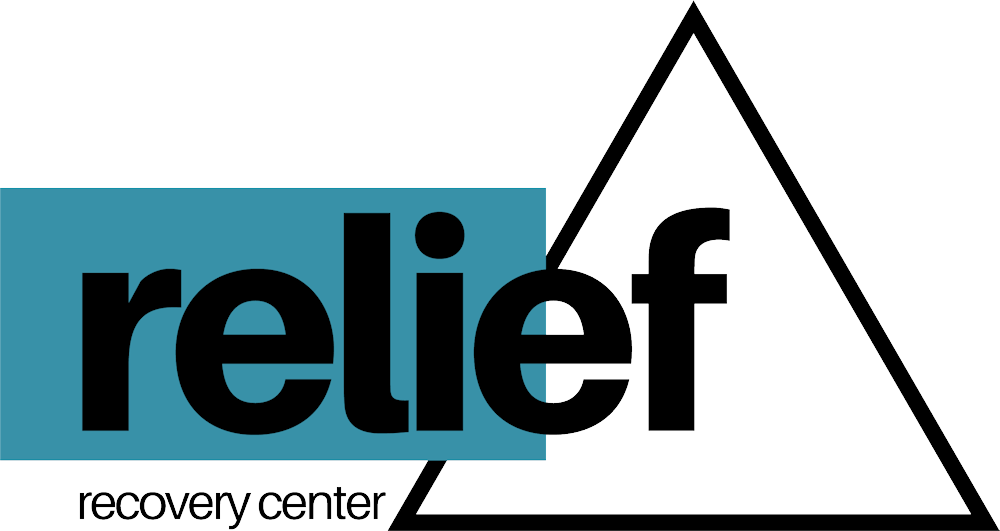Did you know that men are significantly more likely to misuse stimulants like cocaine and crack? This startling fact isn’t just a random statistic—it’s backed by comprehensive research. A recent article on WebMD, titled “Men More Likely to Misuse Prescription Stimulants Than Women” by Eve Bender, sheds light on this alarming trend. But what drives this gender disparity in drug abuse?
In this post, we delve into ten potential reasons behind this phenomenon. Our journey begins with an in-depth look at the findings from the Medscape article. This research provides a crucial backdrop to our understanding. It highlights not only the extent of the issue but also the intricate web of factors contributing to it. From biological differences to societal pressures, each aspect plays a role in this complex puzzle.
Stay with us as we explore these reasons. We aim to unravel the mysteries behind these statistics, offering insights that go beyond the surface. Understanding these underlying causes is the first step towards effective solutions. So, let’s embark on this informative journey together, and uncover the reasons behind this critical gender difference in drug abuse.
Overview of the WebMD Article
A Surprising Gender Gap in Stimulant Misuse
The findings from the National Survey on Drug Use and Health, as reported by Eve Bender on WebMD, are both revealing and concerning. According to the article, men are 37% more likely to misuse prescription stimulants compared to women. This significant difference doesn’t just stop there. Men also have notably higher odds of using substances like powder cocaine, crack cocaine, and methamphetamine.
In-Depth Research for Concrete Evidence
The study, led by R. Kathryn McHugh, PhD, of McLean Hospital in Belmont, Massachusetts, and published in The American Journal on Addictions, delves into five years of data. Spanning from 2015 to 2019, the survey included over 280,000 U.S. participants. It aimed to understand patterns in the use and misuse of stimulants, including cocaine and methamphetamine.
A Focus on Demographics
What makes these findings crucial is the control for demographic variables. After accounting for factors like age and sexual orientation, the gender gap in stimulant use remained pronounced. This emphasizes that the issue goes beyond surface-level statistics and is deeply rooted in gender-specific factors.
Why This Matters: Unpacking the Gender Gap in Drug Abuse
Addressing a Critical Health Concern
Understanding the gender disparity in drug abuse is not just about statistics; it’s about addressing a major public health issue. This striking difference in substance abuse patterns between men and women calls for tailored prevention strategies and treatment programs.
Insight into Men’s Health and Wellness
The findings from the WebMD article highlight an often-overlooked aspect of men’s health and wellness. By digging deeper into the reasons why men are more likely to misuse drugs like cocaine and crack, we can develop more effective mental health support and addiction treatment options specifically for men.
Impact on Drug Rehabilitation and Recovery Programs
These statistics are vital for healthcare professionals and policymakers. They provide insights that can shape drug rehabilitation programs and recovery support tailored to men’s unique needs. Addressing this gender gap can lead to more successful outcomes in combating drug addiction.
Raising Awareness and Promoting Education
This discussion goes beyond medical communities. It’s crucial for raising public awareness about the risks of prescription drug abuse and illicit drug use. Educating the wider community about these gender-specific trends in drug misuse can lead to more informed decisions and healthier lifestyles.
Confronting Societal Stigmas
Finally, this topic challenges societal stigmas surrounding drug abuse and mental health in men. By openly discussing these issues, we can foster a more understanding and supportive environment, encouraging men to seek help without fear of judgment.
10 Reasons Men May Be More Likely to Abuse Cocaine or Crack
1. Biological Factors
Men and women respond differently to drugs due to biological differences. Men may experience the effects of stimulants like cocaine and crack more intensely, potentially leading to a higher risk of addiction.
2. Social and Cultural Norms
Societal expectations often encourage risk-taking and stoic behavior in men. This can translate into a greater propensity for experimenting with dangerous substances like cocaine.
3. Mental Health Correlations
Men are less likely to seek help for mental health issues, potentially using drugs as a coping mechanism. The link between untreated mental health conditions and drug abuse is well-documented.
4. Risk-Taking Behaviors
Men are often socialized to engage in riskier behaviors, including drug use. This inclination towards risk-taking can contribute to higher rates of substance abuse.
5. Stress and Coping Mechanisms
Men might turn to drugs like cocaine as a way to manage stress, especially in environments where discussing emotional struggles is stigmatized.
6. Peer Influence
Peer pressure and the desire to fit in or be perceived as ‘tough’ or ‘cool’ can lead men to experiment with and eventually abuse drugs.
7. Workplace Pressures
High-pressure careers and workplace stress can drive some men towards drug use as a means of coping with the demands of their professional lives.
8. Accessibility and Availability
Men may have more access to illicit drugs like cocaine and crack, especially in certain social or professional circles.
9. Lack of Awareness or Education
There’s often a lack of targeted education and awareness campaigns addressing men’s specific vulnerabilities to drug abuse.
10. Stigma and Seeking Help
Cultural stigma around addiction and mental health can prevent men from seeking the help they need, exacerbating the cycle of abuse.
Connecting the Dots: Further Insights into Cocaine and Crack Abuse
Having explored the reasons why men might be more prone to cocaine and crack abuse, it’s crucial to understand the broader context of these substances. In a recent article, titled “Cocaine and Crack Abuse Facts,” we delved into the complexities surrounding these powerful stimulants. This piece offers a comprehensive look at the effects, risks, and statistics associated with cocaine and crack use.
The Importance of Comprehensive Information: Equipping ourselves with a broad spectrum of knowledge is key to tackling the problem of drug abuse. Understanding the general facts about these substances, combined with the gender-specific insights we’ve discussed, empowers us to approach the issue with more awareness and sensitivity.
Seeking Help: Discover Intervention Resources
Understanding the reasons behind the higher likelihood of men abusing cocaine and crack is just the beginning. Taking action is the next crucial step. For those who are struggling or know someone who is, our dedicated intervention page offers valuable resources and guidance.
A Path to Recovery: On our Intervention Page, you’ll find comprehensive information about the types of interventions available, tips on how to approach a loved one about their substance abuse, and guidance on seeking professional help. These resources are tailored to assist individuals and families in navigating the challenging journey towards recovery.
Personalized Support: Every situation is unique, and the approach to intervention should be personalized. Our page provides insights into various intervention strategies, helping you determine the most effective approach based on your specific circumstances.
Empowering Action: Knowledge is power, but action transforms lives. We encourage you to visit our Intervention Page to learn more about how you can take proactive steps towards helping yourself or someone you care about. Whether it’s understanding the intervention process or connecting with professional support, we’re here to help.
Community of Support: Remember, you’re not alone in this journey. Our page is more than just a resource; it’s a gateway to a community that understands and supports the challenges of overcoming addiction. Engage with our resources, reach out for help from Relief Recovery Center, and become part of a network that uplifts and empowers.



